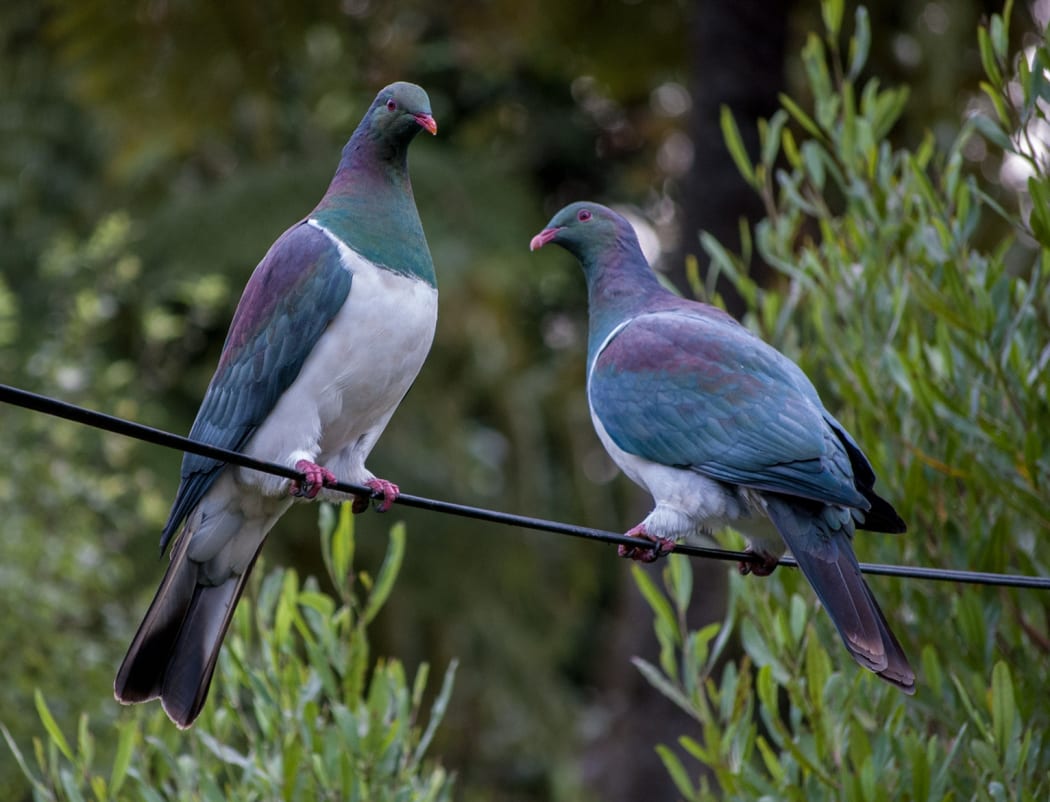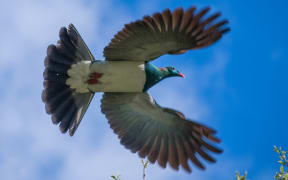A Far North District Councillor says Ngapuhi leader Sonny Tau should resign after being questioned over dead protected birds in his possession.

Ngapuhi leader Sonny Tau Photo: RNZ / Lois Williams
The Department of Conservation confirmed it is investigating allegations that the Ngāpuhi Runanga chair Raniera Tau, better known as Sonny Tau, tried to secretly transport native wood pigeons from Invercargill to Northland.
He was reported to have been found with the kereru under his jacket.
Yesterday, Mr Tau admitted he had been questioned about the dead kereru, and said it was a mistake.
Far North District Councillor and Ngati Hine lawyer Willow-Jean Prime said it was not right for him to continue in his leadership roles.

Willow-Jean Prime Photo: RNZ / Lois Williams
She said leaders should lead by example.
"He's in a position of trust and this is not a good example that he is setting here.
"And I believe that he should resign from all of his positions."
She said there had been an argument that eating kereru was a traditional Maori practice.
But she said both tikanga and pakeha law confirm kereru are a protected species, and that should be respected.
No charges have yet been laid against Mr Tau.
There are two species of native pigeon: the kereru, and the more threatened Chatham Islands pigeon - the parea.

Kereru used to be commonly seen in very large flocks, but today big flocks are a much rarer sight. Photo: Tony Stoddard / Kereru Discovery
Although the native pigeon was traditionally hunted for its meat and feathers, that is now illegal.
Kereru, or kukupa, are protected under the Wildlife Act 1953, DOC said.
It said the maximum penalty for being caught hunting the bird was a $100,000 fine and/or imprisonment of two years.



